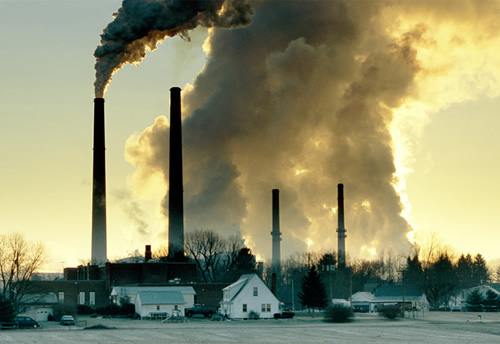WASHINGTON, D.C. — The West Virginia coal industry praised a ruling from a federal appeals court last year when a rule from the EPA connected with power plant emissions was vacated but Monday the U.S. Supreme Court said it would hear the federal government’s appeal of that ruling.
Those arguments will take place later this year on the EPA’s Cross-State Air Pollution Rule that first went into effect in 2011.
A lower court ruling last August rejected the rule that required 28 states, including West Virginia, to reduce sulfur dioxide and nitrogen oxides that come from coal-fired power plants and then drift into other states.
Two of the three judges in the split decision said EPA had gone too far with its authority.
West Virginia Coal Association President Bill Raney said at the time he hopes the federal EPA is getting the message from the federal courts. He said perhaps the cumulative impact of recent rulings will make EPA see there needs to be some give and take in the discussion about coal.
Supporters of the rule said the lower court’s decision would increase the possibility of poor health for 240 million Americans who breathe in the smog and soot.
The Obama administration appeal to the Supreme Court said the lower court ruling would “gravely undermine” EPA’s attempt to enforce clean air rules.

